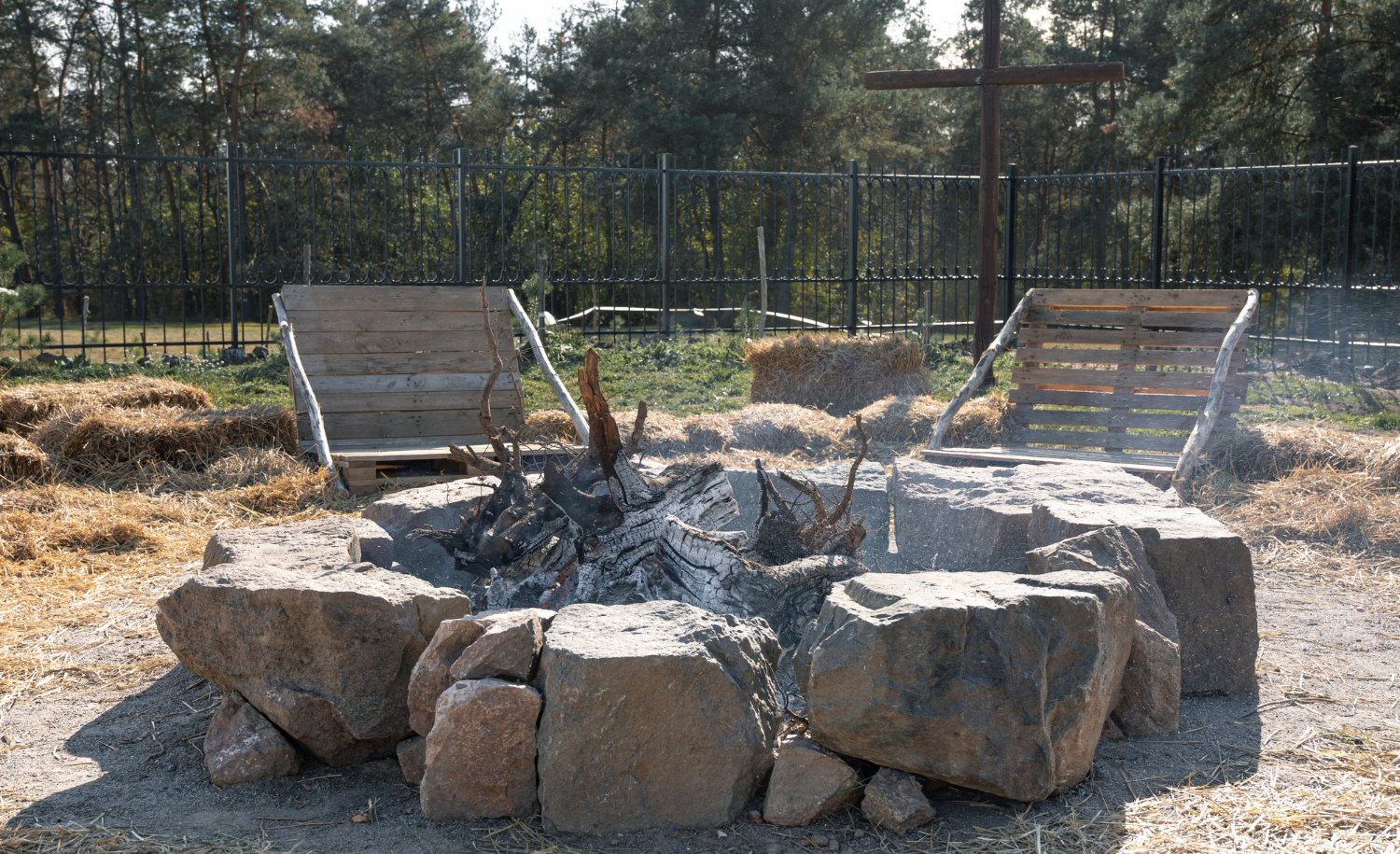Neighborhood yards can look peaceful, but local codes see more than neat grass and patio lights. Inspectors watch for weeds, smoke, noise, and even where a car is parked. What seems harmless to a homeowner might register as a safety risk, a health concern, or damage to nearby property values. Across the United States, small outdoor habits can quietly break local rules and turn a quiet backyard routine into a warning, a citation, and an expensive lesson. A little attention goes a long way.
Letting Grass And Weeds Grow Out Of Control

Tall grass can feel like a minor delay in the weekend to-do list, yet many cities label it a public nuisance once it reaches a set height. Overgrown yards draw rodents, snakes, and mosquito swarms, and they pull down the look and value of nearby homes. After a complaint, inspectors rarely move slowly. A written notice can grow into repeat visits, daily fees, and a forced cleanup that costs far more than keeping the mower out regularly.
Watering The Lawn During Local Restrictions

A lush, bright lawn looks like pride of ownership, but during drought restrictions it can also look like a violation. Many communities limit watering days, times, and even how much runoff can spill onto sidewalks and streets. Ignoring those rules can bring tiered fines that jump quickly after the first warning. In some regions, chronic waste can even lead to shutoff threats. The same sprinkler that keeps grass green can quietly drain strained reservoirs and patience at city hall.
Burning Leaves And Yard Waste In The Open
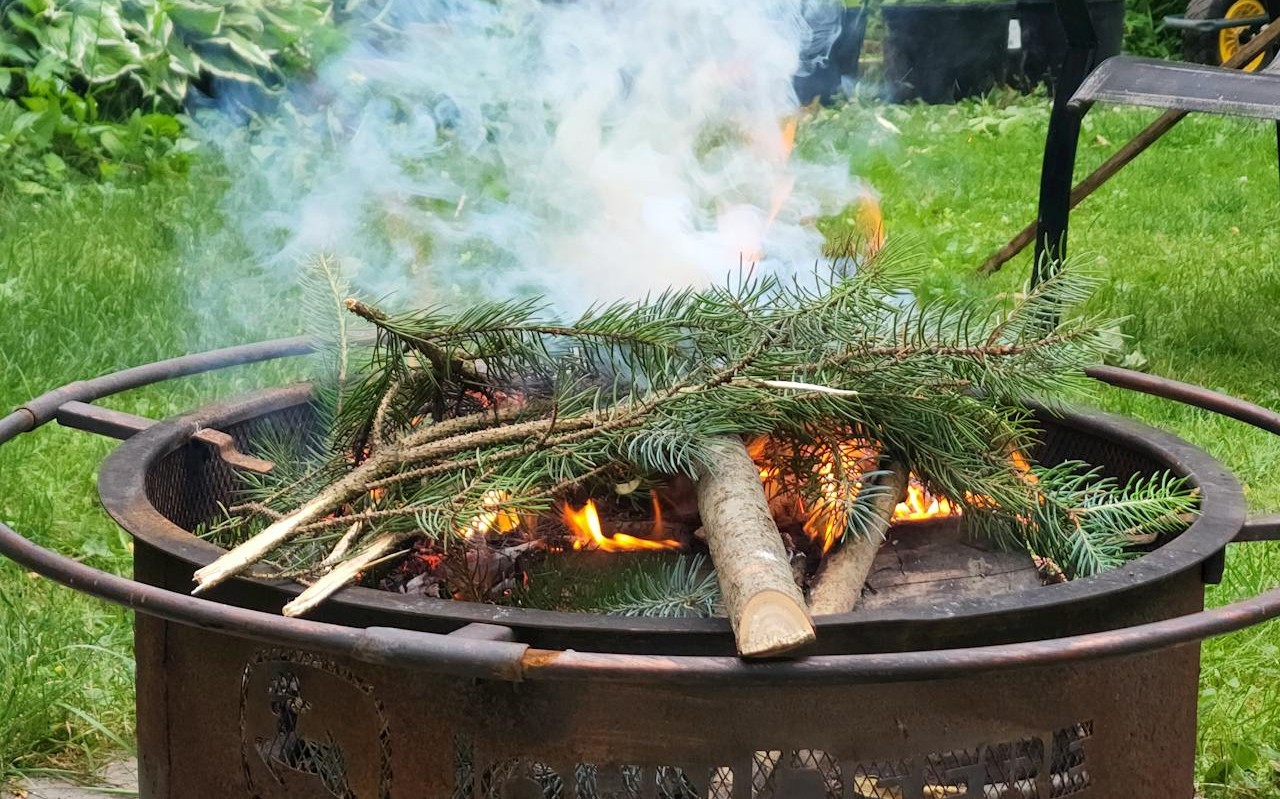
Raking leaves into a backyard fire pit can feel nostalgic, yet open burning is tightly regulated in many places. Dry debris sends smoke, ash, and embers into neighboring yards and can easily escape into trees, fences, or nearby sheds. Air quality rules and burn bans give officials broad power to fine unapproved fires, especially during hot, windy seasons. Even a small leaf pile can trigger complaints, a visit from fire crews, and a citation that lingers longer than the smoke.
Running Loud Mowers At Off-Limit Hours
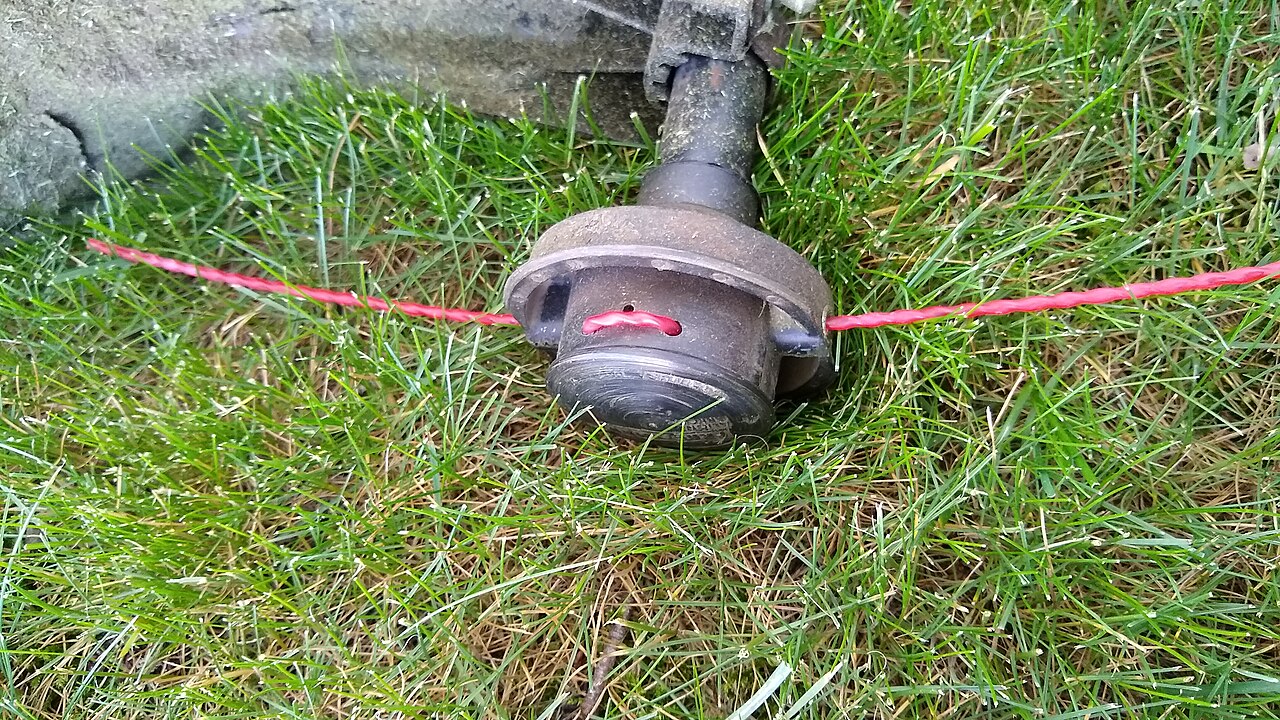
Firing up a mower at sunrise might seem efficient, but noise ordinances often say otherwise. Many cities and suburbs set clear time windows for loud tools, limiting mowers, blowers, and trimmers to mid-morning through early evening. Anything outside that window can be treated as a disturbance, especially when it repeats. Neighbors dealing with night shifts, small children, or simply light sleep are quick to call in complaints. One early pass across the lawn can lead straight to a formal warning.
Storing Junk Vehicles And Debris In The Yard
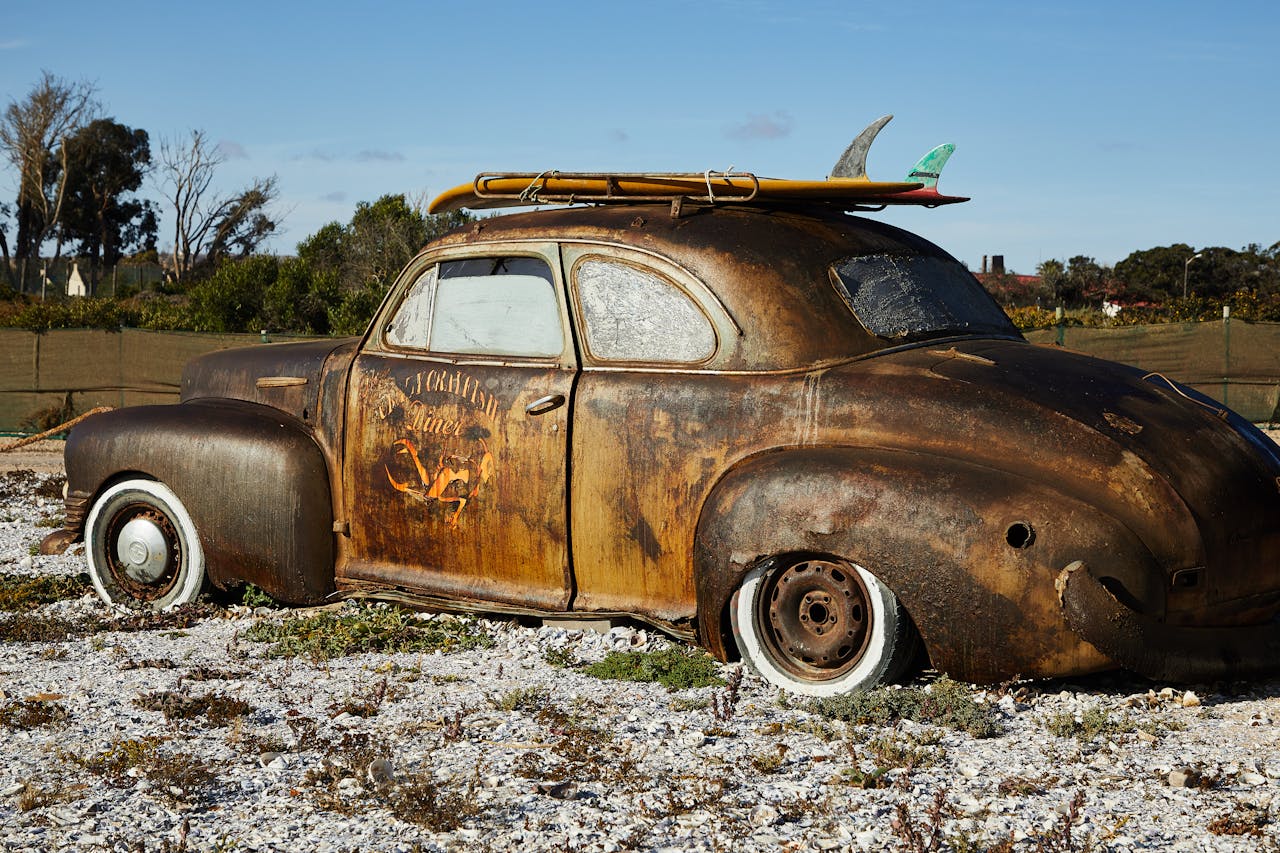
A side yard can slowly turn into a storage zone without anyone planning it. Broken vehicles, old pallets, appliances, and rusted tools stack up, and suddenly the space looks more like a scrapyard than a home. Local codes usually treat these piles as health and safety hazards, not personal taste. They attract pests, hide standing water, and raise fire risk. Once inspectors document the mess, deadlines and fines start to appear, and hauling everything away becomes both urgent and expensive.
Building Sheds Or Decks Without A Permit
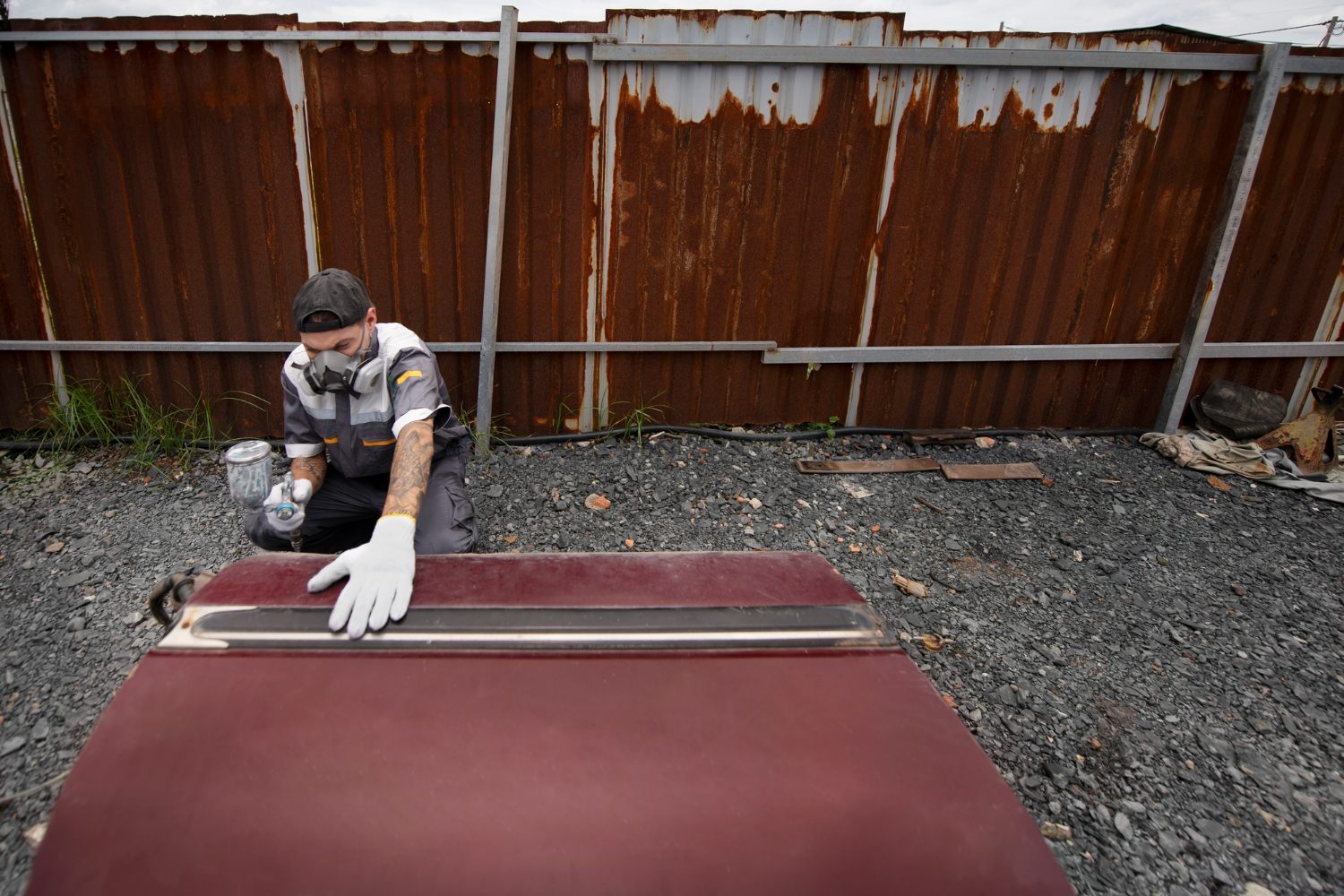
That new shed or platform for outdoor seating feels harmless during a weekend build, but building departments often see it differently. Once a structure passes certain size, height, or placement thresholds, permits and inspections are required. Skipping them means no one has checked foundations, railings, or electrical lines. If a neighbor reports the work or an inspector notices it, the project can be halted midstream. Owners may face fines, late permit fees, and even partial demolition before the space can ever be used.
Turning The Yard Into An Unofficial Parking Lot
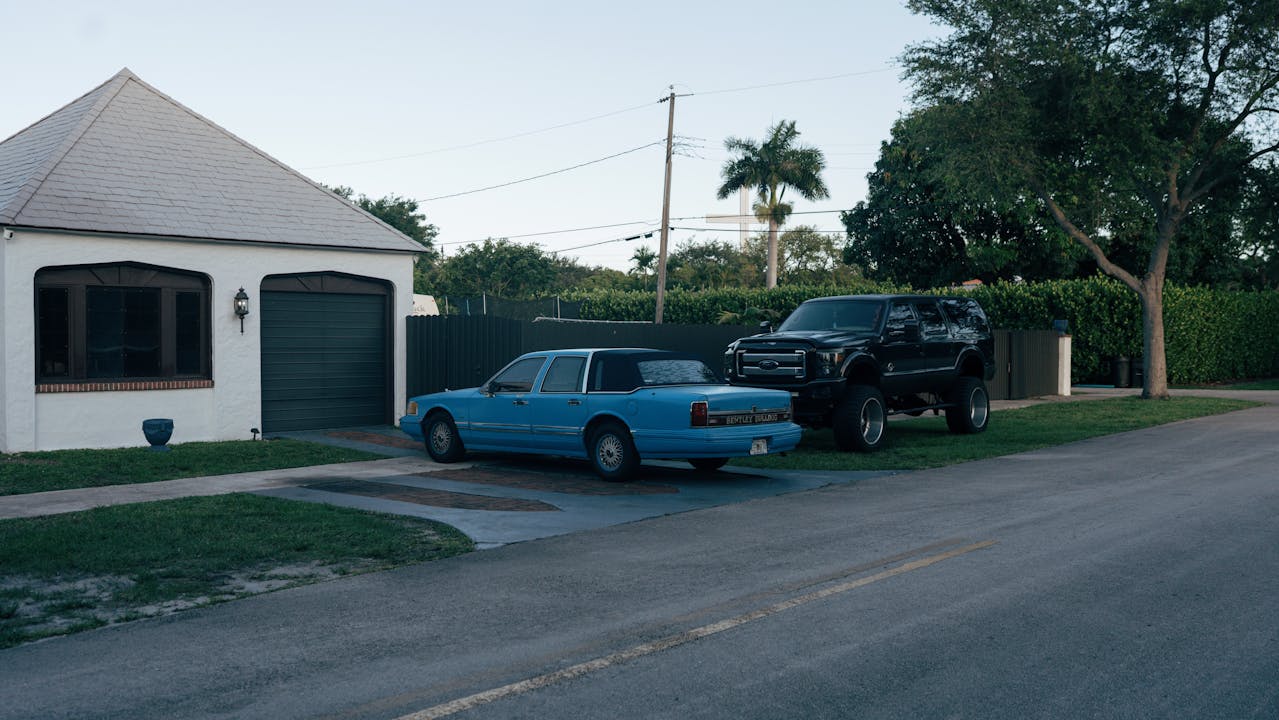
Extra vehicles often migrate onto grass, bare dirt, or improvised gravel pads when the driveway fills up. Zoning rules in many communities regulate where cars, trailers, and boats can sit and how many can stay outdoors long term. Parking on lawns can damage underground utilities, create muddy runoff, and change the look of the street. Complaints are common when front yards start to resemble used car lots. Citations usually land on the owner of record, not the visiting driver.
Letting Pet Waste Accumulate Outdoors

A friendly dog brings life to a yard, but ignored waste brings a different kind of attention. When droppings build up, odor becomes the most visible problem, yet it is not the only one. Rain can wash bacteria into storm drains, and flies thrive around neglected patches. Many local rules treat heavy accumulation as a public health nuisance, especially in dense neighborhoods. Repeated complaints can lead to fines and orders to clean up on a strict timeline, whether anyone feels ready or not.
Overspraying Fertilizers And Pesticides

A thick, bright lawn often comes from heavy use of fertilizers and pesticides, and that is where regulations quietly step in. Overspraying in windy weather or near drains sends chemicals into nearby yards and waterways. Some regions restrict specific products or require careful setbacks from streams and wetlands. When misapplied chemicals harm plants, pets, or fish, officials take it seriously. What started as a push for deeper green grass can end with test results, violation notices, and a costly reminder about runoff.
